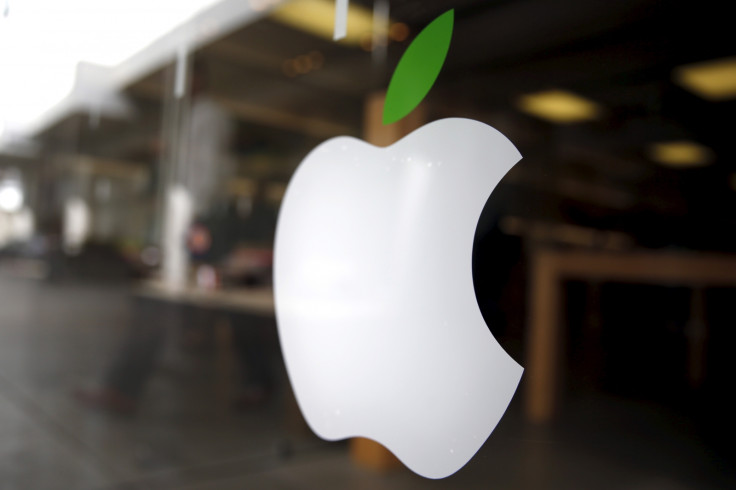Apple may face record tax penalty for receiving 'illegal state aid' from Ireland
The European Commission has ruled the iPhone maker received special treatment.

US tech-giant Apple could be facing the largest tax penalty ever to be paid in Europe after the Brussels headquartered European Commission ruled that the company received illegal state aid from Ireland. The commission alleges that the Irish government provided the iPhone maker the deal in return for creating jobs in the nation.
Reuters estimates this penalty to be the largest any company has faced in Europe. If found guilty Apple will have to pay the amount in back taxes to Dublin as the European Commission moves to re-instate terms on aggressive tax avoidance by some of the world's biggest corporations. The final ruling is expected today and follows a three-year probe into Apple's Irish tax affairs.
Apple and the Irish government have not responded with an official statement but are reported to have appealed against the order.
Ireland's low corporate tax rate has been a major attraction for MNCs around the world and almost one in 10 workers in Ireland work for these corporations. However, under EU law, national tax authorities are not allowed to give tax vacations to such companies and doing so is considered illegal state aid. The commission alleges that specific rulings were made by the Irish government in 1991 and 2007 to allow Apple to minimise its tax bill in the country.
Margrethe Vestager, Europe's top antitrust official, is expected to emphasise on the fact these deals tailored by the Irish government gave Apple an unfair advantage over other companies, and broke Europe's state-aid rules that forbids unfair assistance or preferential treatment of one company over others.
Meanwhile, US authorities have strongly criticised such investigations into Apple and other American companies with the Treasury Department saying recently that the European Commission was in danger of becoming a "supra-national tax authority" overriding the tax codes of its member states. The commission has denied targeting US companies in any way and said it was just following EU rules that do not allow national tax authorities to give tax breaks to companies irrespective of where they are from.
© Copyright IBTimes 2024. All rights reserved.





